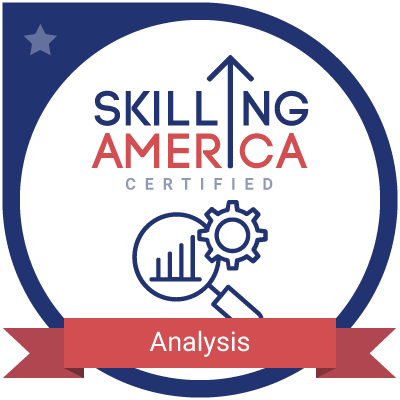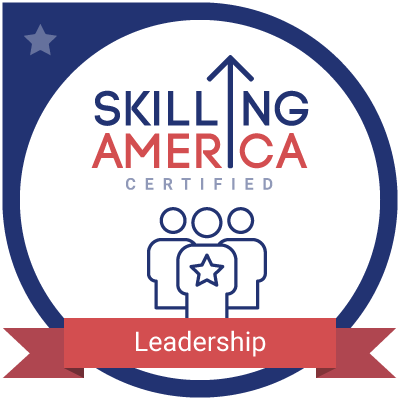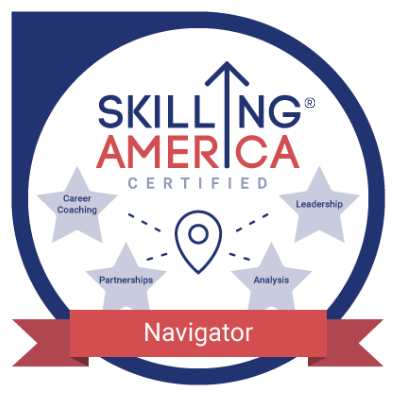In my experience supporting the development of career pathway systems, I have encountered several significant challenges and successes. One of the primary challenges is shifting individuals' perspectives from immediate job acquisition to long-term career planning. Many people, particularly those in precarious financial situations, are focused on short-term survival and may struggle to envision the benefits of investing in a structured career path.
Addressing this challenge involves helping individuals transition from a survival mindset to one that emphasizes long-term growth and career development. This requires not only assisting with their immediate needs but also guiding them to recognize the value of strategic career planning. The process of fostering this shift in mindset can be complex, as it involves overcoming deep-seated fears and insecurities related to job stability and financial security.
On the positive side, our successes often stem from creating tailored support systems that address both immediate and future needs. By providing comprehensive assistance that includes career counseling, skills development, and emotional support, we can empower individuals to envision and work towards a more stable and prosperous career trajectory. This holistic approach helps individuals transition from a reactive state to one where they can actively build and pursue their career goals, ultimately leading to greater fulfillment and success.
In my first role as an assistant manager for a local retail company, I encountered a significant challenge due to the lack of structured training provided. I was essentially thrown into the role with minimal guidance, which initially made it difficult for me to understand all the responsibilities expected of me. One day, my direct manager expressed frustration when he discovered that I had not completed certain tasks. It became clear that I hadn’t been informed about these tasks, leading to a tense exchange where he questioned my performance and even mentioned that he regretted hiring me. This experience was quite challenging, but it taught me several important lessons. In response to the situation, I took proactive steps to address the gap in communication. I began checking in with my manager daily to inquire if there were any new tasks or expectations I should be aware of. This regular communication helped me stay aligned with his expectations and ensured that I was not missing any important tasks. Reflecting on this experience, I realized that requesting access to any available training resources early on would have been beneficial. Utilizing these resources during downtimes could have helped me better understand my role and responsibilities from the outset. Going forward, I make it a point to check in with my manager whenever I feel uncertain about a situation. Additionally, I seek feedback on my performance at least once a week to ensure that I am meeting expectations and not overlooking any critical tasks.
For anyone in a similar situation, I recommend proactively seeking out all available training materials and establishing a routine of regular check-ins with your manager. Open communication and a willingness to learn and adapt are key to navigating the complexities of a new role successfully.
As a mother of three, I encountered a situation where our family’s weekly meal plan was disrupted because I accidentally forgot to buy groceries for dinner. I used critical thinking to quickly assess the available ingredients in our pantry and create a new meal plan using what we had on hand. I considered each family member’s preferences and dietary needs to ensure the meal was satisfying for everyone. In hindsight, I could have been more proactive by setting reminders for grocery shopping and planning meals in advance to avoid last-minute issues.
When I conduct a meeting, I make sure that there is an outlined agenda with allotted time to have an open discussion at the end so everyone can ask questions and provide feedback. During that time if there happens to be anything thing that needs to be discussed further, I then set a time where the individual can talk to me privately to determine the next move.
1. Communicated clearly and concisely
2. Took accountability
3. Had integrity





